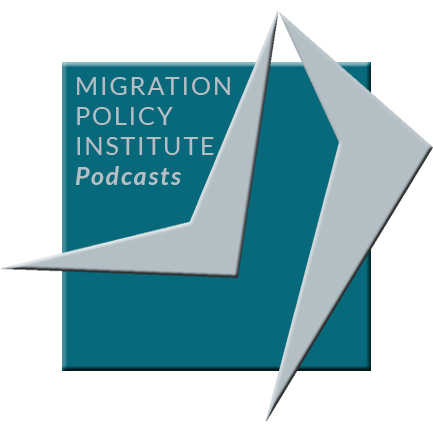
Tuesday Apr 29, 2014
The Deportation Story: Deporter-in-Chief, Releaser-in-Chief, or Reformer-in-Chief?
This Migration Policy Institute panel discussion examines the U.S. deportation system with analysis on migrant apprehensions, removals, returns, and criminal prosecutions, and launches the report, The Deportation Dilemma: Reconciling Tough and Humane Enforcement. Report authors Doris Meissner, MPI Director of the U.S. Immigration Policy Program, and Marc Rosenblum, MPI Deputy Director of the U.S. Immigration Policy Program, as well as commentators David V. Aguilar and Hiroshi Motomura and moderator Muzaffar Chishti, discuss the findings of the report, including the main drivers of deportation policy and how the system has changed over the past two decades.
With deportation levels for unauthorized immigrants reaching record levels under the Obama administration, and after a decade of failed congressional efforts to pass comprehensive immigration reform, many immigrant-rights advocates are demanding that the administration scale back enforcement that they view as ripping families apart—and possibly even suspend deportations—until Congress passes a broad legalization. At the same time, immigration-control adherents question the administration’s commitment to immigration control, accusing the administration of selective enforcement. Troubled by what they see as excessive claims of executive power, congressional Republicans are seeking ways to ensure that border security and interior enforcement come first.
These conflicting views partly reflect basic disagreements about what a successful immigration enforcement system would look like. Yet the gap between these narratives also reflects uncertainty and confusion about the actual state of U.S. immigration enforcement. As the Department of Homeland Security reviews its removal operations, the MPI discussion and report outline the tools that both the president and Congress have to influence the deportation system going forward.
No comments yet. Be the first to say something!